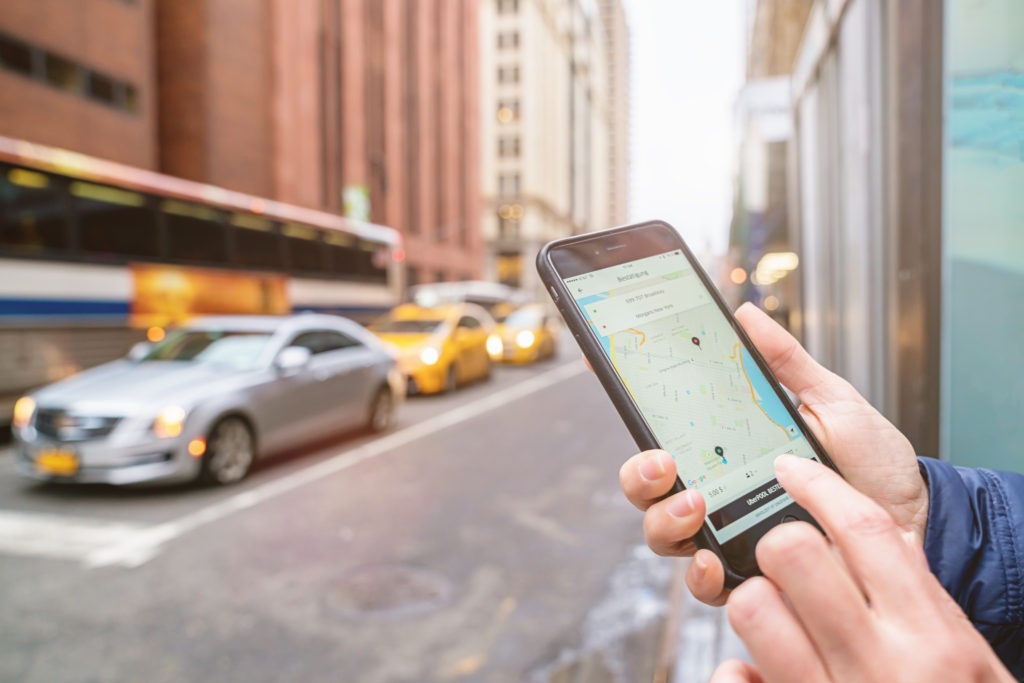The Legal Process After a Rideshare Accident

Uber was Texas’s first rideshare service, arriving in 2012. Since then, the use of ridesharing apps has grown in prominence greatly. While ridesharing is a handy and user-friendly tool, rideshare accidents are considerably more complicated than regular vehicle accidents. There can be broad legal challenges that arise as a result of liability and insurance questions related to ridesharing accidents.
Risks and Regulations for Rideshare Drivers
Rideshare drivers are independent contractors, not employees of the company they drive for, which means they aren’t subject to background checks. The city of Austin passed a law in 2014 requiring background checks for rideshare drivers, but Uber and Lyft withdrew their services from the city as a result.
However, in 2017 Texas passed a statewide bill regulating rideshare services (House Bill 100), which overruled Austin City’s laws. This led to Uber and Lyft reinstating their services in the city; it also meant the background check requirement was overruled.
This means a company may not be aware if they are contracting a driver with a poor driving history, or a history of DUIs and other driving offenses. Additionally, rideshare drivers are more likely to be distracted while driving due to the nature of their job requiring they use their phones for GPS and accepting other rides. Rideshare drivers also may work long hours, work late into the night, and drive passengers on unfamiliar roads. These practices all put the safety of passengers at risk while they use rideshare services.
Passenger Entitlements After a Rideshare Accident
If you experienced an accident as a passenger in a rideshare vehicle, you could be facing medical bills, injuries, and time off work for something you know wasn’t your fault. Your case is legally different from that of a regular car accident as a rideshare passenger.
You may be entitled to both compensatory and punitive damages. Compensatory damages reimburse you for injury, medical fees, property damage, or loss of earning potential. Punitive damages act as a form of punishment for the parties that wronged you.
Because your driver was working on behalf of a rideshare company, it’s unlikely that any costs for the accident would need to be covered by your insurance. In some cases, it may be the driver’s insurance, but the company likely has protocols for when an accident occurs during a ride. Both Lyft and Uber will cover passenger injuries up to $1 million if an accident occurs while a passenger is in the car.
It usually requires a lawyer to help navigate these settlements. Claims against rideshare companies don’t often make it to court—the companies are very incentivized to settle before it reaches that stage.
Contact The Lenahan Law Firm Today
A car accident lawyer can help you navigate the legal intricacies of your rideshare accident and work to award you the compensation you may be entitled to. It is strongly recommended not to try and deal with claims against rideshare companies yourself. They are known to try and pressure victims into fast settlements, which may afford less compensation than the victim is entitled to.
Contact The Lenahan Law Firm today at (214) 295-1008 to speak with our friendly and experienced team. We will strive to get the compensation you deserve.